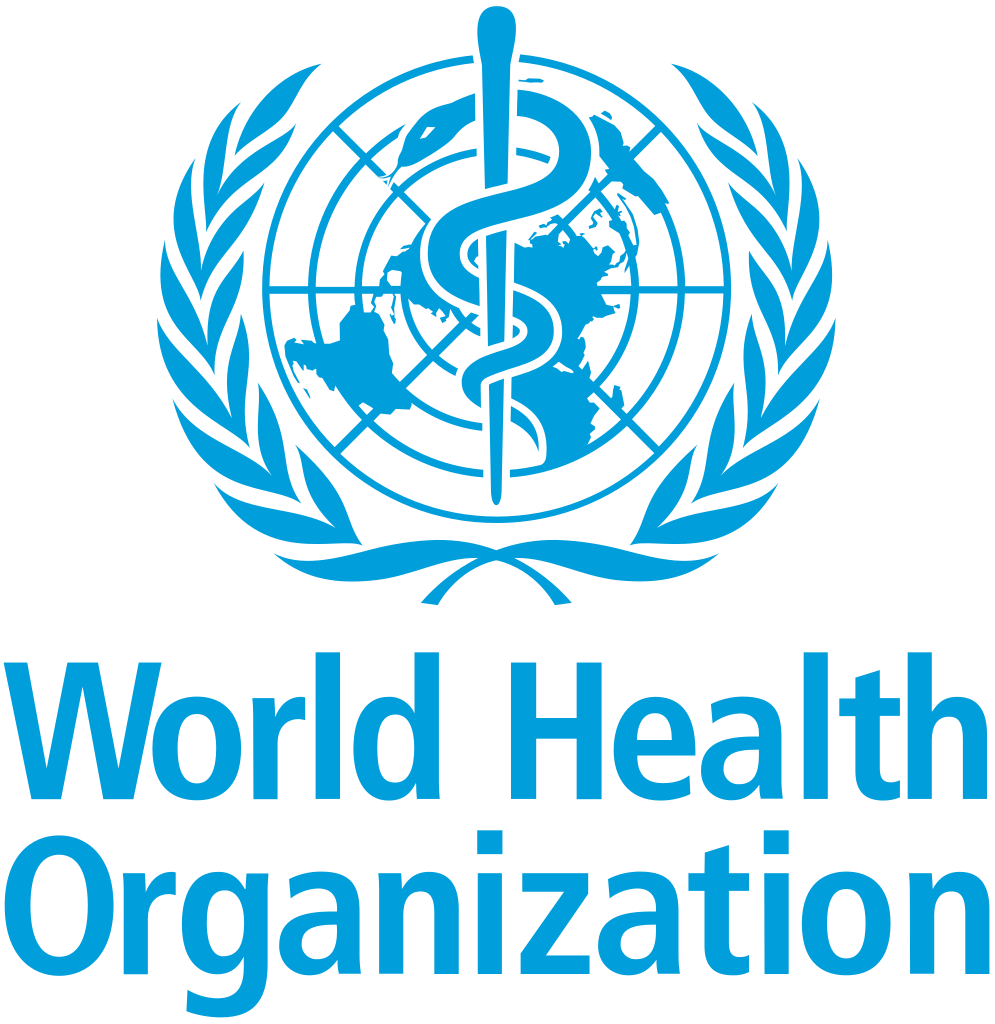By; MATTHEW UKACHUNWA, Lagos Poor quality healthcare accounts for an estimated 60 per cent of maternal deaths and 56 per cent of
By; MATTHEW UKACHUNWA, Lagos
Poor quality healthcare accounts for an estimated 60 per cent of maternal deaths and 56 per cent of neonatal deaths in low- and middle-income countries, World Health Organisation (WHO) has declared.
As a result, it has drawn attention to the urgent need for action to reduce harm in healthcare.
WHO’s Regional Director for Africa, Dr. Mohamed Janabi, made the disclosure in his message on this year’s World Patient Safety Day (WPD).
World Patient Safety Day is commemorated every year on 17th of September.
“On World Patient Safety Day 2025, we come together to highlight patient safety as a foundation of health care, a pillar of Universal Health Coverage, and a key pathway to achieving the Sustainable Development Goals.
“Safe, high-quality, people-centred care is both a professional duty and a moral responsibility that touches every life, every family and every community in our region,” the WHO Regional Director for Africa said.
Janabi said that since the adoption of Resolution WHA72.6 in 2019, the global community has rallied behind themes that highlight priority domains in patient safety.
This year’s theme, “Safe Care for Every Newborn and Every Child”, with the slogan “Patient Safety from the Start!”, reminds the global community of the profound responsibility healthcare providers bear to protect the youngest and most vulnerable, he stressed..
The WHO chief highlighted that
newborns and children face heightened risks from unsafe care, particularly in intensive care units.
“Alarmingly, poor quality care – rather than lack of access – accounts for an estimated 60% of maternal deaths and 56% of neonatal deaths in low- and middle-income countries. These are lives we can and must save.
“We are not without solutions. Across the African Region, 21 countries are already implementing National Quality Policies and Strategies. These embed patient safety action plans and interventions such as Infection Prevention and Control,” Janabi said..
He pointed out that WHO standards endorsed by Member States are improving the quality of care for mothers, newborns, children and small or sick infants. “These efforts are making a difference,” he stated..
Janabi called on governments and healthcare specialists to do more in order to ensure that every patient, everywhere, receives safe care at every point of contact.
According to him, “The Global Patient Safety Action Plan 2021–2030 reinforces this call, urging us to design safer clinical processes, build workforce competencies, engage patients and families, and create learning systems that prevent harm.
“It even extends to patient safety education for school-aged children, empowering them with knowledge to advocate for their own health and safety.”
The WHO Regional Director for Africa said: To accelerate progress and safeguard children, WHO in the African Region urges Member States to raise national awareness of safety risks in paediatric and newborn care, ensuring the needs of children, families and caregivers are recognised in every health setting.
The international authority on public health also called for the mobilization of action among health managers, professional bodies, organisations and civil society to adopt sustainable strategies for safer care.
It also urged the stakeholders to empower parents, caregivers and children through education, awareness and meaningful participation in care.
WHO recommended investment in research and innovation to strengthen the evidence base for safer care.
“The vision of the Global Patient Safety Action Plan is ‘a world in which no patient is harmed in health care, and everyone receives safe care, every time, everywhere’.
“On this World Patient Safety Day, let us unite to protect our children from preventable harm.
“By strengthening systems, empowering families and placing safety at the heart of care, we can create healthier beginnings and more hopeful futures for all children in Africa.
“Together, we can make patient safety a reality from the very start of life,” Janabi elaborated.




COMMENTS